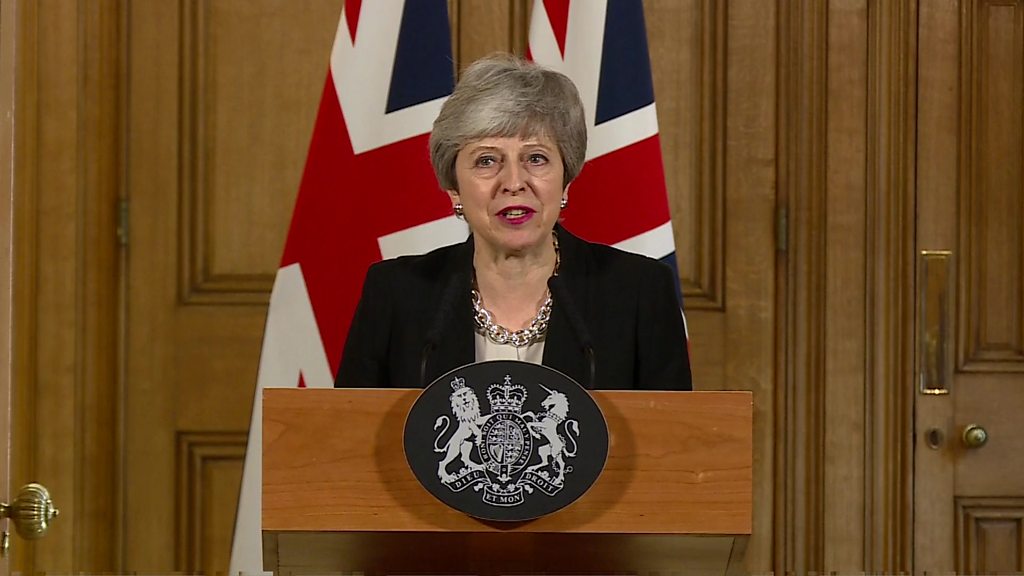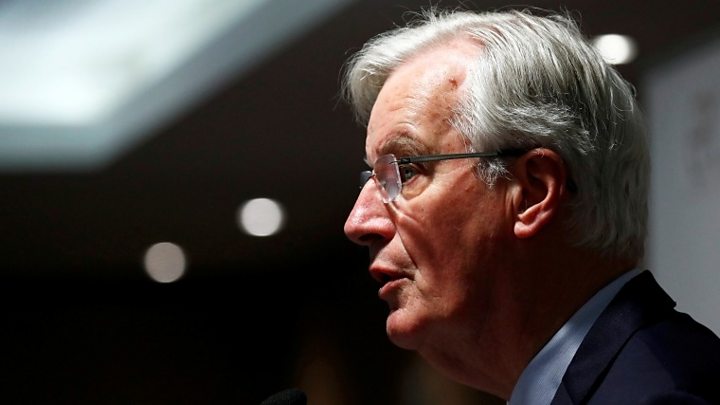WASHINGTON/NEW YORK (Reuters) - The White House took a step back on Tuesday from a threat to close the U.S. border with Mexico, even as a redeployment of border officers in recent days has led to a slowdown of legal crossings and commerce at U.S. ports of entry there.
White House spokeswoman Sarah Sanders said the Trump administration sees Mexico “stepping up and taking a greater sense of responsibility” for dealing with the immigration flows that U.S. officials say are overwhelming ports of entry along the border.
“They have started to do a significant amount more. We’ve seen them take a larger number of individuals” and hold those who have asylum claims in Mexico while they are being processed in the United States, Sanders told reporters at the White House.
“We’ve also seen them stop more people from coming across the border so that they aren’t even entering into the United States. So those two things are certainly helpful and we’d like to see them continue,” Sanders said.
Trump threatened on Friday to close the border this week unless Mexico took steps to stop immigrants from reaching the United States illegally. Closing the border could disrupt millions of legal border crossings and billions of dollars in trade.
Trump hinted at a softening earlier in a Twitter post on Tuesday. “After many years (decades), Mexico is apprehending large numbers of people at their Southern Border, mostly from Guatemala, Honduras and El Salvador,” he said.
Sanders said the administration was “looking at all options when it comes to closing the different ports of entry, what that looks like and what the impacts would be.”
She told Fox News the administration wanted Mexico to continue working to address the issue so, and added that the administration is doing studies on the impact of closing different ports of entries to give Trump some options.
SLOWER BORDER
Senior U.S. Department of Homeland Security (DHS) officials said on Tuesday a redeployment of some 750 officers on the border to deal with a surge in migrants - mostly Central American families turning themselves into border agents - had led to a slowing of legal crossings and commerce at ports of entry.
“Wait times in Brownsville (Texas) were around 180 minutes, which were two times the peaks of last year,” said a senior DHS official on a call with reporters. “We ended the day yesterday at Otay Mesa (California) with a back-up of 150 trucks that hadn’t been processed,” the official said. “This is a reality.”
DHS officials said on the call that border facilities have been overwhelmed by families who cannot be deported quickly because they hope to seek asylum in the United States.
The U.S. Customs and Border Protection estimated that some 100,000 migrants would be apprehended or encountered at the border in March, the highest level in a decade. “The system is on fire,” a DHS official said.
Because of limits on how long children are legally allowed to be held in detention, many of the families are released to await their U.S. immigration court hearings, a process that can take years because of ballooning backlogs.
To try to address the problem, the administration in late January started returning some migrants to Mexico to wait our their U.S. court dates in Mexican border cities. On Monday, DHS said it would dramatically ramp up the pace of that program, even as it is being challenged in court and immigration attorneys have raised concerns about how the process is being implemented.
Reporting by Roberta Rampton and Steve Holland in Washington and Mica Rosenberg in New York; Writing by David Alexander; Editing by Tim Ahmann and Alistair Bell
https://www.reuters.com/article/us-usa-immigration/white-house-softens-tone-after-threat-to-close-border-with-mexico-idUSKCN1RE1PE
2019-04-02 19:04:51Z
52780253215618





